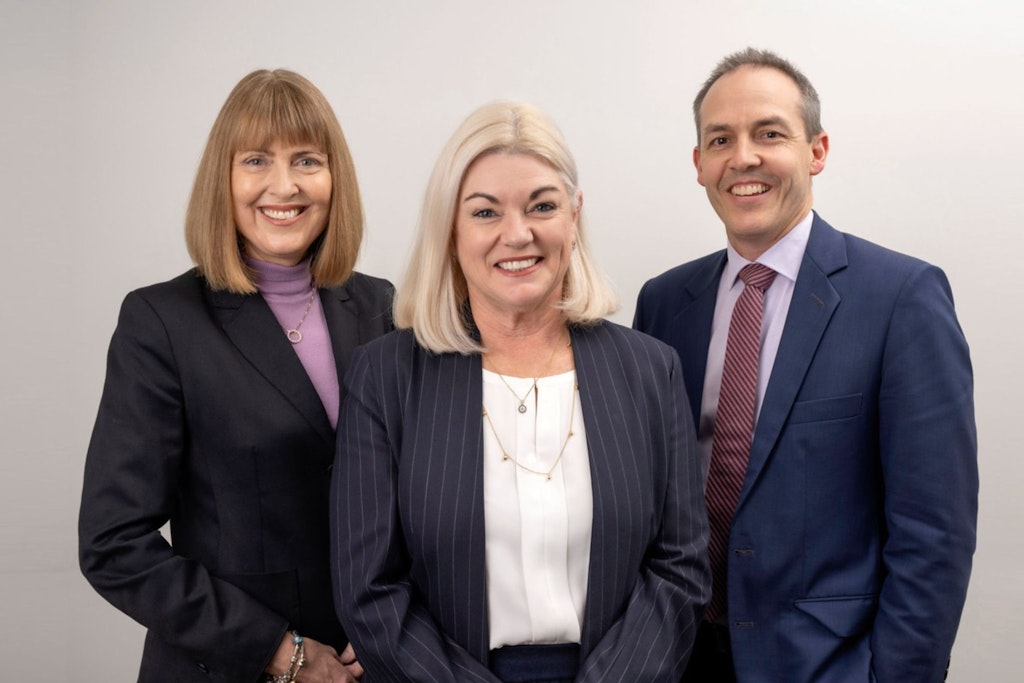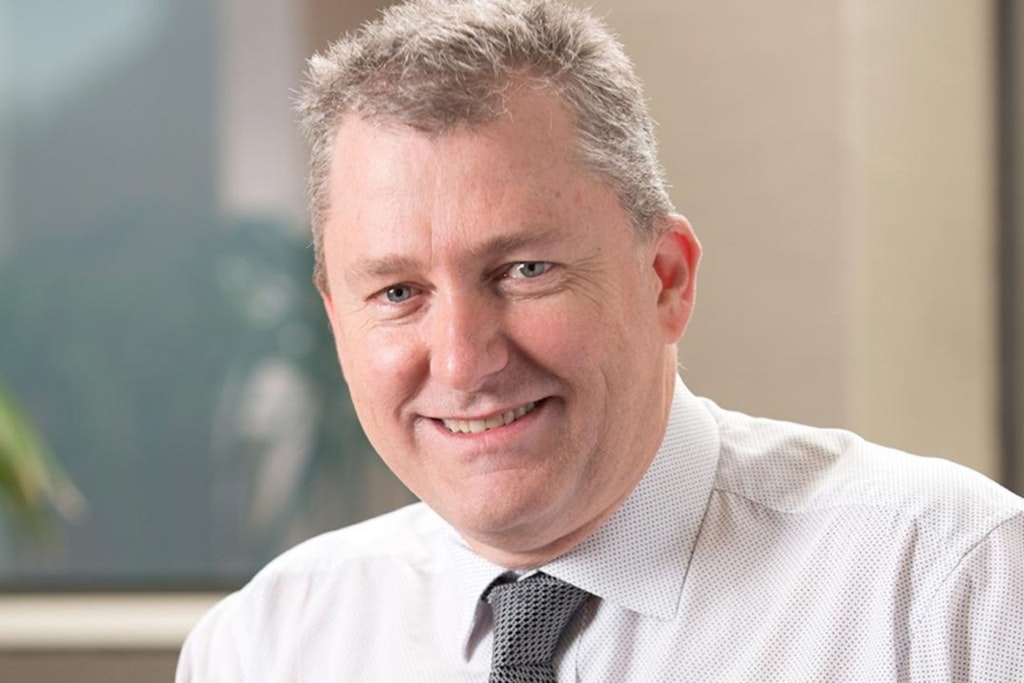Volunteer contributions recognised as CEOs invest in support
Published on 30 May 2023 (Last updated on 2 June 2023)

Volunteers have long been the heartbeat for aged care and community services supporting older Australians, including programs like Meals on Wheels or community visitor schemes.
But the dramatic impact of COVID-19 changed the volunteer landscape considerably, particularly for residential aged care (RAC) services. RAC volunteer numbers halved during the first 12 months of the pandemic as three-quarters of providers reported a decrease in volunteers according to the 2020 Aged Care Workforce Census. In-home care providers also lost considerable numbers of volunteers.
COVID-19’s impact on volunters
- Since the end of strict COVID-19 restrictions volunteer numbers have slowly picked up
- Volunteering Australia reported over two-thirds of volunteers have returned
- However, total figures have not recovered to pre-2020 standards; in 2019, 1-in-3 people volunteered, now it’s closer to 1-in-4
Aged care organisations have worked hard to engage with volunteers, new or old, but competing priorities often limit investments.
Eldercare Chief Executive (CE), Jane Pickering, said while online recruitment has been consistent, they still heavily rely on word of mouth and personal connections to attract many volunteers. She said additional requirements, such as mandatory vaccinations, have also had an impact.
“We do have concerns around the future of volunteering in aged care,” Ms Pickering said. “Volunteering has changed over the years and it is more difficult to find suitable volunteers to work in aged care. We also require our volunteers to be vaccinated against COVID-19 and influenza which has led to some of our volunteers resigning.”
“Volunteers do need to work in a supportive environment and be well supervised to ensure that they operate in the spirit of the organisation’s values and within their scope of practice. Whilst we dedicate resources to the management and support of volunteers… it is difficult to find resources to expand the program when we have so many competing priorities for our funding.”

Volunteer numbers in Australia have steadily declined: Before COVID-19, it was the lowest rate ever recorded by the Australian Bureau of Statistics (ABS) in 2019. With the ever-present threat of volunteer turnover, it means aged care providers have to look to methods of retention such as direct support, productive contribution and burnout reduction.
To combat this in some way, Ms Pickering said there is direct support for volunteers, including on-site well-being consultants who work underneath a volunteer program coordinator. Together, they make concerted efforts to match volunteers to jobs. A corporate induction program, annual training and consistent communication are provided.
“Volunteers play a pivotal part in creating a strength-based community and they can bring a varied skill base which adds huge value to our model of care. They have a direct report in all roles,” Ms Pickering said.
“Volunteers need this direct report to ensure they are supported in the role. With poor direct report support, they do not stay or at times don’t work within the boundaries and the agreed roles and tasks which causes issues.”
Unfortunately, examples of volunteer coordinators working limited hours or holding dual roles have been all too common in many sectors, not just aged care. But support from paid staff has contributed to volunteer retention with many organisations taking notice.
Southern Cross Care (SA, NT & VIC) CEO, David Moran, said volunteers are an important part of their multidisciplinary teams, providing social connection and engagement for residents and clients. Through long-term investment into volunteer programs, he said that Southern Cross Care is in a position to support volunteers through their expenses and charity.

“Volunteers are valued members of the Southern Cross Care community as they are key to delivering our Better for Life vision to our residents and clients,” Mr Moran said. “We have a Volunteer Engagement Office with two dedicated staff, who oversee volunteer recruitment, training, engagement and support in collaboration with our local service delivery teams.”
“Our Community Foundation also provides funding for our Volunteer Engagement program, helping to ensure that our volunteers have what they need to continue their vital work in reducing loneliness and isolation across our community.”
Mr Moran said they also support the well-being of volunteers directly to ensure there is constant appreciation and celebration of their work. Enhanced awareness and management of volunteer burnout have been recognised as an area of concern by Volunteering Australia. Effective management strategies to reduce burnout are essential for volunteers in the care industry.